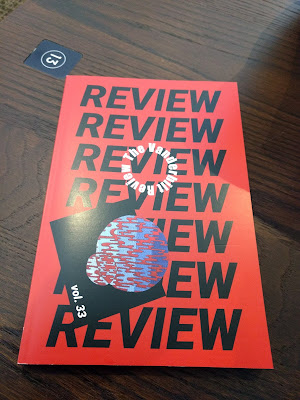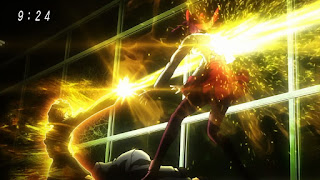Under the Radar
One of my favorite examples of "you would never see this on American TV" is the 2009 anime Kemono no Sou-ja Erin , which tells the story of a girl in a Medieval-like fantasy world who learns to communicate with giant wolf/eagle creatures through - *gasp* - science! The novel the series was based on is now available in English as The Beast Player . My oldest niece got a copy for Christmas. There's a passage in the book, after the main character Erin has graduated from "beast doctor" school and become a teacher herself. Her mentor tells her, "The knowledge we teach is simply the truth as we know it at a particular time. What we believe to be true now may be exposed as error through the discoveries of succeeding generations. That's how human knowledge has been renewed throughout the ages. Remind your students of this every chance you get. A good teacher is not one who never doubts, but rather one who strives to keep on learning despite the doub









